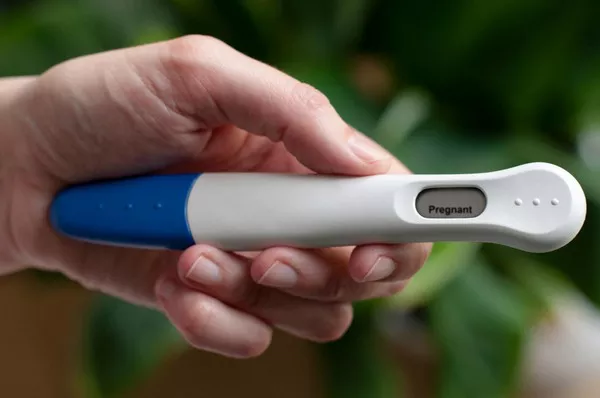A recent retrospective study published in Blood suggests that women who undergo allogeneic hematopoietic cell transplantation (HCT) may safely conceive and carry pregnancies to term. Conducted between 2003 and 2018 in Germany, the study analyzed data from 2654 female patients, revealing encouraging outcomes.
Among the participants, 50 women reported a total of 74 pregnancies following allogeneic HCT, resulting in 57 live births (77% success rate). The median time from transplant to first pregnancy was 4.7 years, with higher rates observed among patients aged 18 to 35 years at the time of transplant.
The annual first birth rate post-transplant was 0.45%, significantly lower than the general population’s rate of 3.02%. Factors associated with increased success in achieving live births included non-myeloablative/reduced-intensity conditioning regimens, transplants for non-malignant conditions, and lower-dose total body irradiation.
Despite these positive findings, challenges such as transplant-related morbidity, long-term medication use, and prior exposure to high-dose therapies pose significant fertility risks. Notably, patients with bone marrow failure or hemoglobinopathies exhibited higher annual first birth rates compared to those with malignancies.
The study also highlighted instances where patients were incorrectly informed about their fertility potential post-transplant, underlining the importance of accurate counseling and education regarding fertility restoration options.
Lead author Katja Sockel, MD, emphasized the need for comprehensive interdisciplinary monitoring by both transplant physicians and gynecologists to mitigate maternal complications during pregnancy. The study’s findings contribute valuable insights for counseling and managing reproductive health among female allogeneic HCT recipients.
However, limitations such as the study’s retrospective nature and potential underreporting of unsuccessful pregnancies were acknowledged. Despite these limitations, the study underscores the possibility of achieving safe and successful pregnancies following allogeneic HCT, offering hope and guidance to women navigating fertility concerns post-transplantation.

